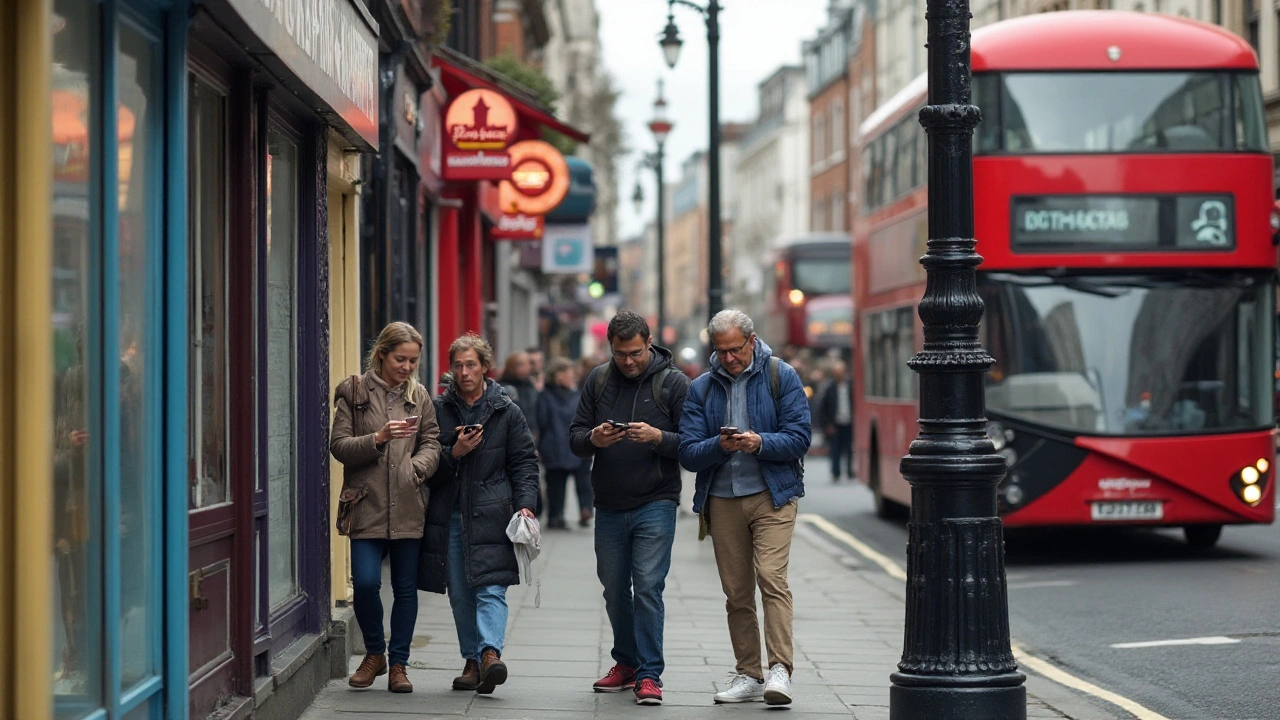Pharmacy alternatives: Safe ways to get medications without the local drugstore
Not always convenient or affordable to use a walk-in pharmacy. Whether you're trying to save time, cut costs, or find a specific medicine, there are solid alternatives. This guide shows realistic options, simple safety checks, and quick tips so you won't get scammed or stuck with fake pills.
Online pharmacies are the most common swap for brick-and-mortar stores. Good ones require a valid prescription, list a licensed pharmacist, and have clear contact info. Look for an international phone number, clear shipping rules, and payment security. Avoid sites that sell prescription drugs without asking for a prescription or offer ridiculously low prices for brand-name meds.
How to spot a safe online pharmacy
Check the pharmacy license and readable address. Read user reviews but weigh them carefully. Ask if a pharmacist is available by phone or chat. Be wary of sites that pressure you to buy fast or use strange payment methods like direct wire transfers or crypto-only checkout. Legit pharmacies let you pay with card and provide tracking for shipments.
Telemedicine platforms plus e-prescriptions are another alternative. A tele-visit with a licensed doctor can get you a legitimate prescription that an online or local pharmacy will fill. This is handy for routine meds, refills, and minor issues. Make sure the telemedicine service verifies identity and keeps medical records secure.
Quick alternatives and when to use them
Mail-order pharmacies work well for chronic meds. They often offer 90-day supplies and lower copays. Community health centers and clinic pharmacies are good when you need in-person advice and low-cost options. Compounding pharmacies can custom-make doses when standard pills won't do, but they should be used only with a real prescription.
Over-the-counter (OTC) substitutes can help with minor issues like pain, allergies, or heartburn. Check active ingredients and doses so you don’t double up on the same medicine under different names. For anything beyond mild symptoms, talk to a clinician before swapping prescription meds for OTC options.
Before you buy: compare prices, confirm authenticity, and read return policies. Keep copies of prescriptions and receipts. If a package looks tampered with or pills look unusual, stop taking them and contact the seller and a local health professional.
Want a fast checklist? Verify license, require prescription, confirm pharmacist access, use secure payment, track shipment. These five checks cover most scams and risks.
Alternatives can save time and money, but safety matters first. Use trusted services, ask questions, and keep records. That way you get the meds you need without unnecessary risk.
Also check import and customs rules before ordering from abroad. Some countries block certain drugs or require local prescriptions. Use price comparison tools to find the best deal and include shipping costs. Ask your regular pharmacist if they will verify a foreign prescription — many will. When medicine arrives, check expiration dates, packaging seals, and pill appearance. Store meds as the label says and keep them out of reach of children. If anything feels off, stop and ask a professional. Save all paperwork for future reference and proof.
Top 9 Alternatives to cvs.com for Your Pharmacy Needs in 2024
As the landscape of online pharmacies evolves, seeking alternatives to cvs.com has become important for many. With varying options to cater to different needs, it's crucial to explore platforms offering competitive services, pricing, and convenience. This article delves into nine viable alternatives to cvs.com, outlining their advantages and drawbacks to help consumers make informed choices. From home delivery services to specialized healthcare platforms, discover what's trending in 2024.
VIEW MORE
